Jason Moran - From the Dancehall to the Battlefield (2023) [Hi-Res]
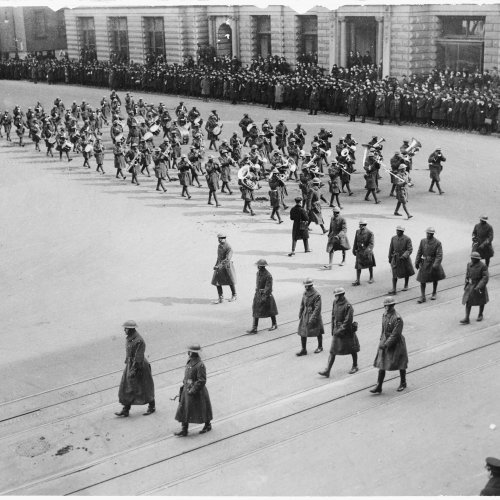
Artist: Jason Moran
Title: From the Dancehall to the Battlefield
Year Of Release: 2023
Label: Self Released
Genre: Jazz
Quality: Mp3 320 kbps / FLAC (tracks) / 24bit-96kHz FLAC (tracks)
Total Time: 68:49
Total Size: 157 / 371 MB / 1.33 GB
WebSite: Album Preview
Tracklist:Title: From the Dancehall to the Battlefield
Year Of Release: 2023
Label: Self Released
Genre: Jazz
Quality: Mp3 320 kbps / FLAC (tracks) / 24bit-96kHz FLAC (tracks)
Total Time: 68:49
Total Size: 157 / 371 MB / 1.33 GB
WebSite: Album Preview
1. From the Dancehall to the Battlefield (4:08)
2. Ballin the Jack / Feed the Fire (5:53)
3. All of No Man's Land is Ours (2:31)
4. Russian Rag (6:58)
5. Darktown Strutter's Ball (4:17)
6. Flee as a Bird to your Mountain / Ghosts featuring Brian Settles (6:38)
7. Drop (Tear) (3:08)
8. That Moaning Trombone featuring Reginald Cyntje and Chris Bates (3:02)
9. Memphis Blues (2:32)
10. St. Louis Blues featuring Logan Richardson and David Adewumi (8:49)
11. Hesitating Blues featuring David Adewumi (5:55)
12. Clef Club March featuring Chris Bates (2:41)
13. Castle House Rag (5:41)
14. Zena's Circle (0:53)
15. For James (5:53)
Dedicated to James Reese Europe and Randy Weston.
They walked a very long way, saw you, and tagged you forever... then strode away, but kept you in their mind as they tagged someone else. See, That’s how a lot of this works.
They didn’t tell you where they were going,
or what it would feel like,
or sound like,
or the stories you’d tell about all that you’d survive. And YES, you will survive...or be survived by.
In 1881, James Reese Europe is born in Mobile, Alabama, and in the pre-dawn of the Great Migration, his parents moved up to Washington, D.C. because they knew. It is in D.C that James begins to take violin lessons from Joseph Douglas, the grandson of Frederick Douglass because Douglass innately knew that liberation not only speaks from the mind, but also from instrument. The violin, hollowed wood, with a bow strung with horse hair abrading tense steel.
See, Liberation occurs in many forms. And when James then takes his violin up to New York, he is seeking a new sound to make, new folk to break bread with, and a new stage to plow, for The "stage" will always be a portal, a place to test what is real and surreal.
What he realizes is that a required respect on the stage and off must be demanded, which culminated in the Black musicians union called The Clef Club. It is the humanity that I hear in these songs and in his bands. When James tagged 125 musicians to bring his brand of syncopation to Carnegie Hall, the new beat had arrived. Because syncopation is about urgency, pushing the beat ahead to apply the anticipation of the oncoming downbeat , an outlook that is inherently futuristic.
So all that futurism arrives. But the indoor stages proved only preparation for another dangerous stage, the battlefield of WW1. With his band of Black diaspora, he brought the music across the Atlantic, to the frontline of battle as his commitment to expansive vision was beyond.
Beyond the last row of seats in the house, or the horizon of the trenches ahead.
James Reese Europe becomes one of the seminal Big Bangs in Black Music. Let us meditate on that.
From to the Dance Hall
to the Battlefield,
and back home to you.
Love,
Jason
Jason Moran - Piano and voice
Tarus Mateen - Bass
Nasheet Waits - Drums
Logan Richardson - Alto Saxophone
Brian Settles - Tenor Saxophone
Darryl Harper - Clarinet
David Adewumi - Trumpet
Reginald Cyntje - Trombone
Chris Bates - Trombone
Jose Davila - Tuba, Helicon.
They walked a very long way, saw you, and tagged you forever... then strode away, but kept you in their mind as they tagged someone else. See, That’s how a lot of this works.
They didn’t tell you where they were going,
or what it would feel like,
or sound like,
or the stories you’d tell about all that you’d survive. And YES, you will survive...or be survived by.
In 1881, James Reese Europe is born in Mobile, Alabama, and in the pre-dawn of the Great Migration, his parents moved up to Washington, D.C. because they knew. It is in D.C that James begins to take violin lessons from Joseph Douglas, the grandson of Frederick Douglass because Douglass innately knew that liberation not only speaks from the mind, but also from instrument. The violin, hollowed wood, with a bow strung with horse hair abrading tense steel.
See, Liberation occurs in many forms. And when James then takes his violin up to New York, he is seeking a new sound to make, new folk to break bread with, and a new stage to plow, for The "stage" will always be a portal, a place to test what is real and surreal.
What he realizes is that a required respect on the stage and off must be demanded, which culminated in the Black musicians union called The Clef Club. It is the humanity that I hear in these songs and in his bands. When James tagged 125 musicians to bring his brand of syncopation to Carnegie Hall, the new beat had arrived. Because syncopation is about urgency, pushing the beat ahead to apply the anticipation of the oncoming downbeat , an outlook that is inherently futuristic.
So all that futurism arrives. But the indoor stages proved only preparation for another dangerous stage, the battlefield of WW1. With his band of Black diaspora, he brought the music across the Atlantic, to the frontline of battle as his commitment to expansive vision was beyond.
Beyond the last row of seats in the house, or the horizon of the trenches ahead.
James Reese Europe becomes one of the seminal Big Bangs in Black Music. Let us meditate on that.
From to the Dance Hall
to the Battlefield,
and back home to you.
Love,
Jason
Jason Moran - Piano and voice
Tarus Mateen - Bass
Nasheet Waits - Drums
Logan Richardson - Alto Saxophone
Brian Settles - Tenor Saxophone
Darryl Harper - Clarinet
David Adewumi - Trumpet
Reginald Cyntje - Trombone
Chris Bates - Trombone
Jose Davila - Tuba, Helicon.
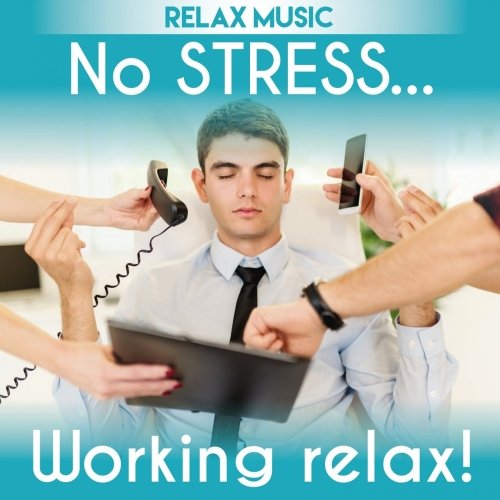
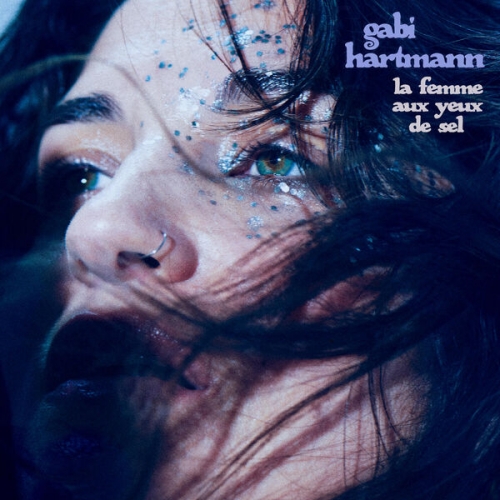
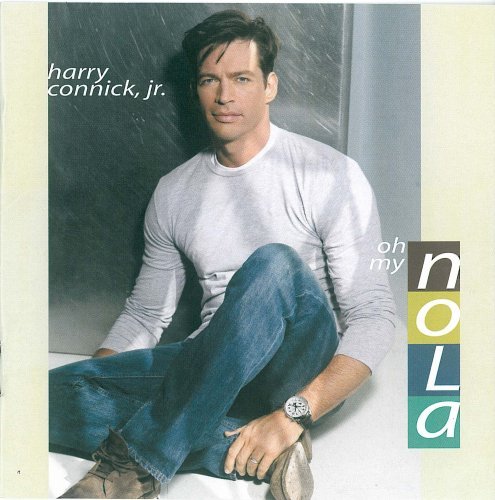
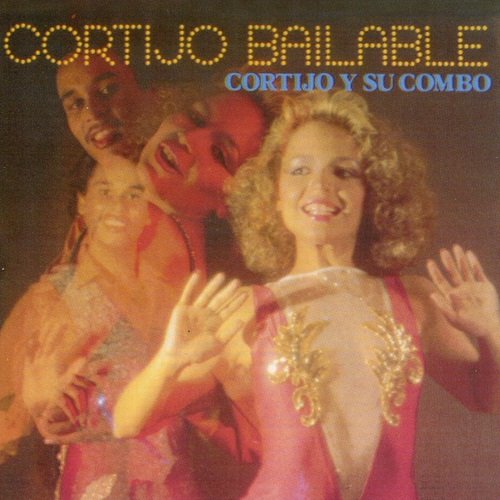
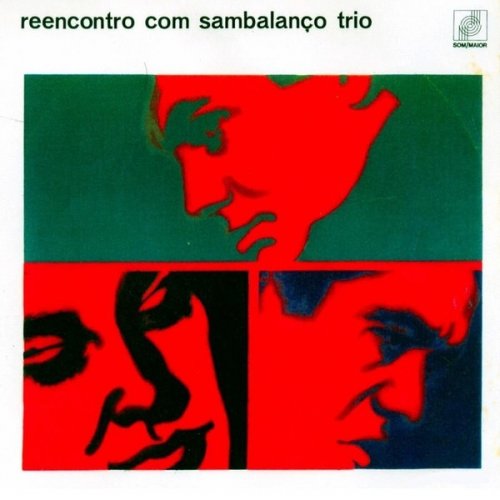
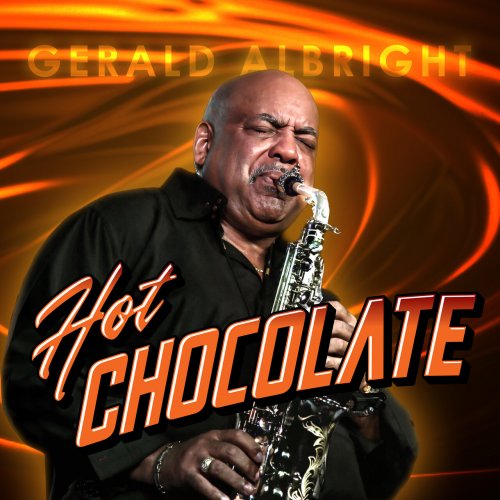
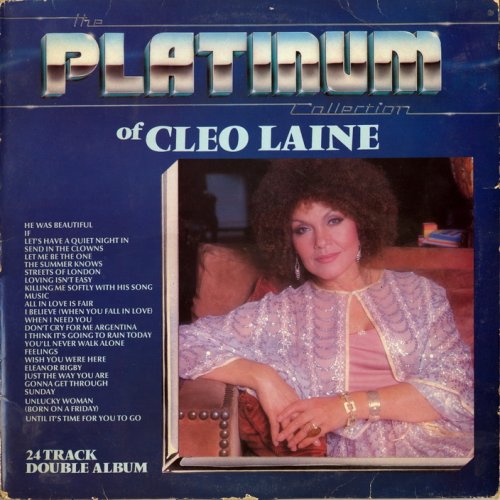
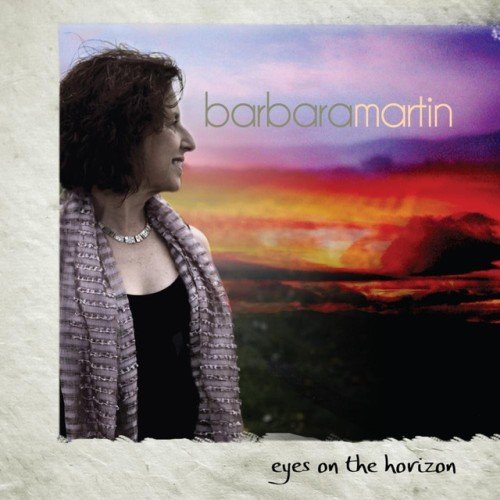
![Asher Gamedze - A Semblance: Of Return (2026) [Hi-Res] Asher Gamedze - A Semblance: Of Return (2026) [Hi-Res]](https://www.dibpic.com/uploads/posts/2026-02/1772032727_a2374104512_10.jpg)